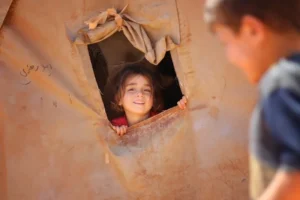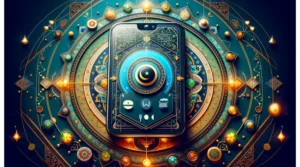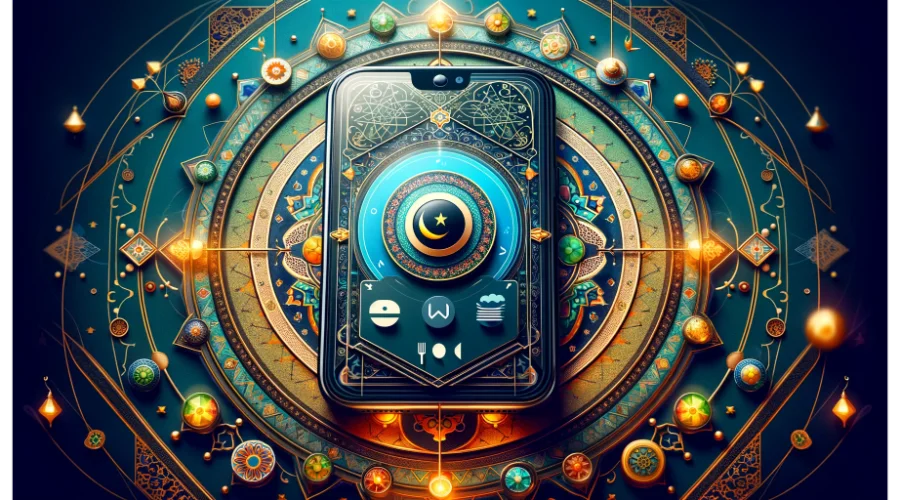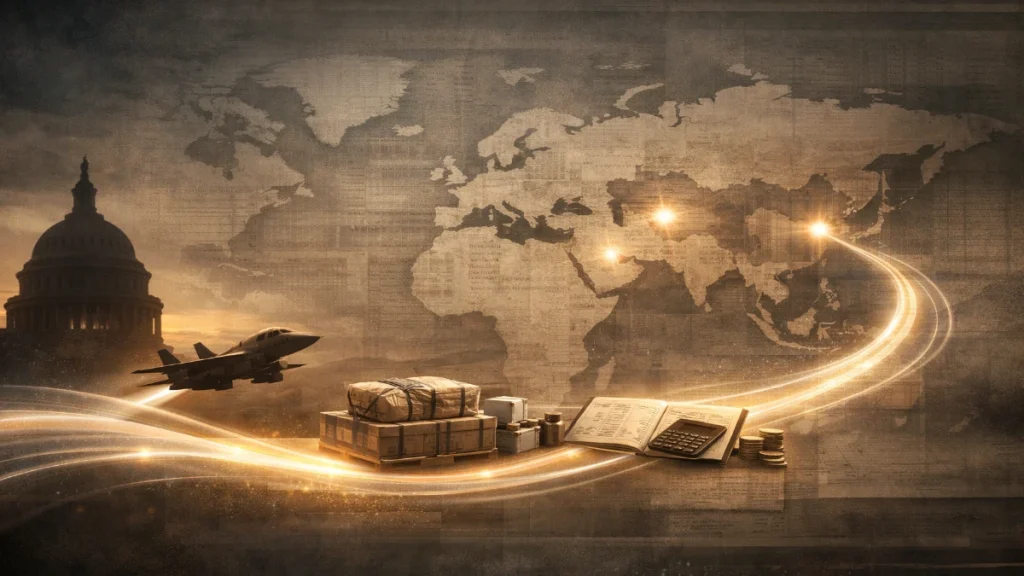Introduction: Unveiling the Layers of Ramadan
Ramadan, within the Islamic faith, stands as a testament to spiritual depth, self-restraint, and collective unity. The essence of this hallowed month is encapsulated in the ritual of fasting from dawn until dusk, a practice aimed at both spiritual purification and establishing a profound linkage with the divine.
Beyond its religious gravitas, Ramadan is lauded for its myriad benefits spanning health improvement, cultural fortification, and the fostering of empathy. Among these, the aspect of empathy, kindled through the collective experience of hunger, warrants a thorough introspection.
The traditional viewpoint asserts that fasting instigates solidarity with the less fortunate, I.E. ‘the hungry,’ yet such a stance invites a meticulous reevaluation to probe the authenticity and magnitude of the empathy thus fostered.
Dissecting the Empathy Premise: A Critical Perspective
The argument positing that Ramadan fasting endows participants with a firsthand understanding of hunger’s daily toll is noble yet neglects a crucial nuance—the predictability of an ensuing meal. This assurance acts as a psychological safeguard, sharply contrasting with the continuous uncertainty that afflicts individuals ensnared by food scarcity and insecurity.
Imagine, for a moment, a family nestled in the unpredictability of their next meal; their existence becomes a resilient defiance against food scarcity.
In this context, the structured certainty afforded by the Ramadan fast appears to afford a rather diluted empathy, one that, while laying an empathetic foundation, fails to encapsulate the acute unpredictability characterizing the lives of those perpetually shadowed by hunger.
Addressing the Inherent Limitations of Fixed-Time Fasting
For all its spiritual significance, Ramadan fasting inadvertently curtails the scope for empathetic expansion. The anticipation of a meal after the fast creates a rift between the fasting experience and the grim reality of those for whom hunger is not an intermittent phase, but a relentless adversary.
This psychological gap is vividly illustrated by contrasting the eager anticipation of the evening iftar [meal] for an individual who is fasting with a child’s uncertainty about where and when their next meal will come.

Despite the rigors of fasting, the practice stops short of fully portraying the distress and uncertainty that accompany ongoing food scarcity.
Introducing a Paradigm Shift: Empathy through the Lens of Uncertainty
To deepen the empathetic connection, lets propose a reimagined approach to fasting that introduces an element of uncertainty, thereby reflecting the real-life experiences of those grappling with food insecurity.
Picture a scenario in which individuals commence their fast without a predetermined conclusion, relying on a digital platform to unpredictably determine the fast’s length, which can range between 12 and 72 hours.
This introduction of uncertainty, though cautious about prioritizing health by limiting unpredictability to food intake only (and not water), profoundly alters the fasting journey. Participants do not merely forgo nourishment, but also step into a realm of unpredictability and uncertainty, gaining a deeper experience of the psychological and emotional states of those in an ongoing battle with hunger.
Navigating Ethical and Health Realms in the Midst of Uncertainty
The implementation of this unorthodox fasting model necessitates a vigilant assessment of ethical and health implications. Prolonging the fast beyond conventional durations invites a complex web of considerations, demanding attentiveness to individual health situations and potential risks.
Engagement in this enhanced fasting approach would be strictly optional, anchored in an informed awareness of its health ramifications. Participants would be advised to closely monitor their physical well-being, breaking their fast if necessary.
This model seeks to harmonize the aspiration for profound empathy with the paramountcy of health, thereby enriching the fasting experience without jeopardizing participant safety.
Deepening Ramadan’s Resonance through Empathy
The observance of Ramadan, integral to the Islamic ethos, is celebrated for its profound spiritual, health, and communal benefits. However, the pursuit of a deeper empathy for those confronted by daily hunger calls for a reassessment of conventional fasting practices.
By weaving uncertainty into the fasting ritual, we beckon participants to immerse themselves more deeply in the essence of empathy, advancing beyond mere awareness to gain a palpable insight into the persistent uncertainty faced by those trapped in food insecurity.
As we traverse this period of contemplation, let us reflect on the transformative potential of this innovative fasting method to not only enrich our spiritual engagement but also to forge a more authentic bond with the extensive human narrative of hunger and uncertainty.

Want to try it out this fasting experiment?
Note: If you still plan on adhering to the traditional rules of fasting during Ramadan, please modify your experiment by doing the following:
Fill out the form below.
Confirm your location and time zone, enter your email to receive the notification, and select a difficulty level.
Location: Loading…
Time Zone: Loading…
Lastly, please note that like all things that rely on technology, this tool is not 100% reliable. There could be server issues on my end, connectivity issues on your end, and a whole slew of other potential technological problems that prevent the notification email from being sent to you. As such, when you start the experiment, you will receive an initial email outlining such. Ensure you properly receive this email, and if it goes to your spam folder, make sure to mark it as ‘not spam’. This way, when the actually notification email is sent, you should receive it properly. In the event you do not receive an email and the upper limit times of your experiment have passed, assume there is a system error somewhere in the process and please do not continue the experiment beyond the upper limits of time (based on your difficulty level).




